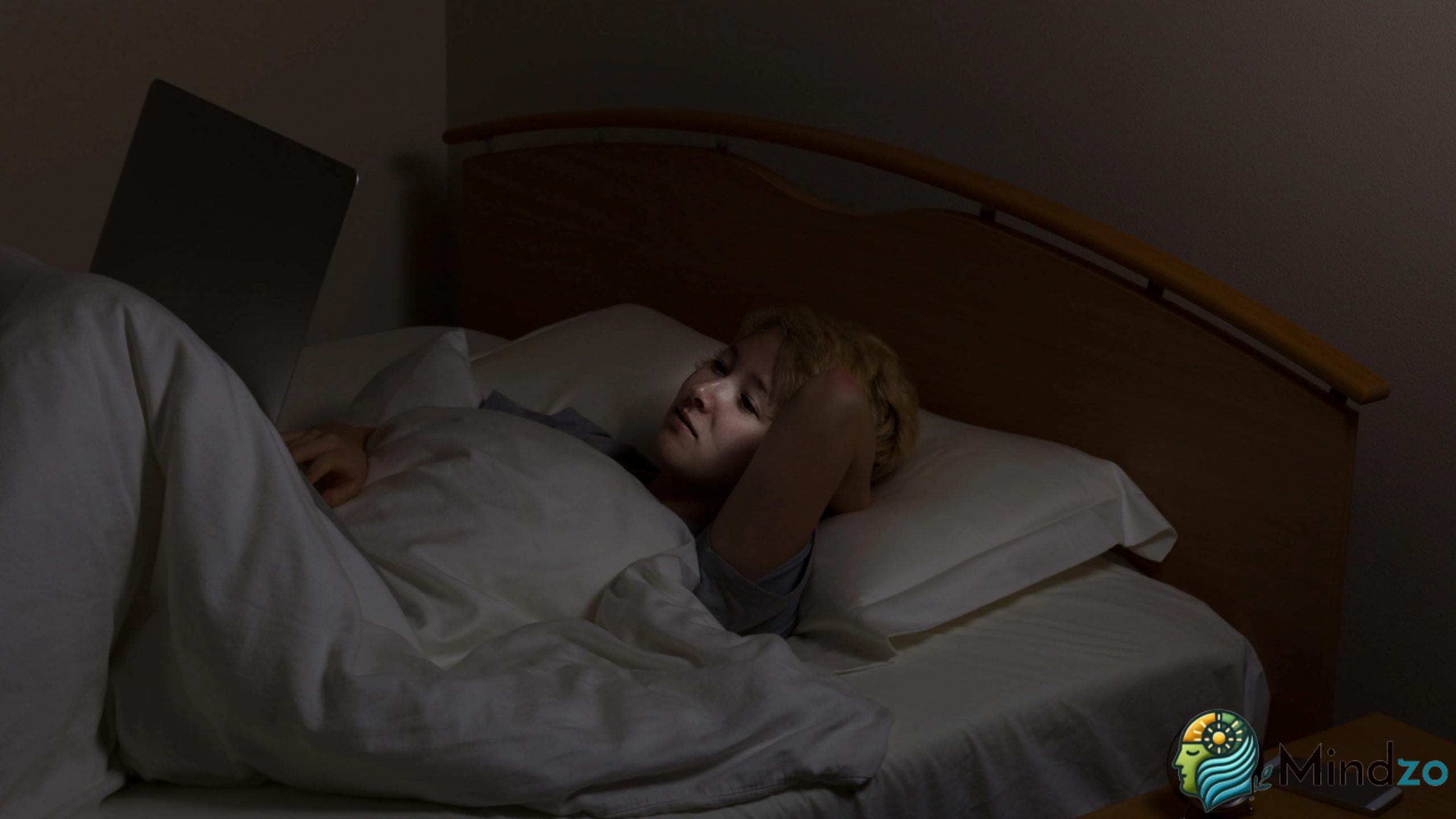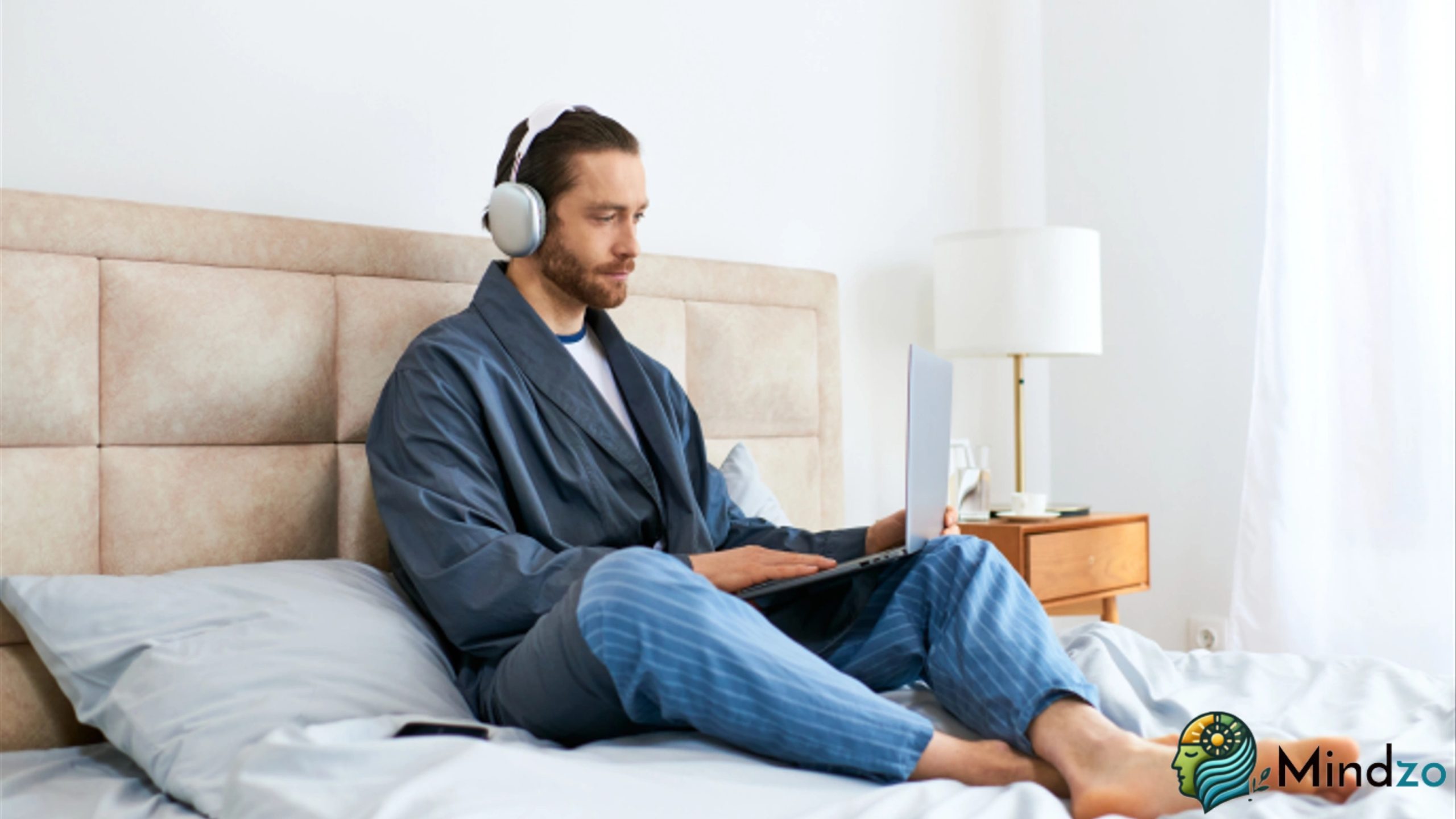Gen Z Mental Health Crisis: Facing Sleep Problems and Social Isolation

A Generation Under Pressure
Gen Z, broadly defined as those born between the late 1990s and early 2010s, is often seen as the first truly digital generation. They grew up with smartphones, constant internet access, and social media as part of daily life. On one hand, this exposure has made them tech-savvy, socially aware, and open to conversations about mental health in ways that previous generations weren’t. On the other hand, it has also created unique challenges that weigh heavily on their mental well-being.
Among the most pressing concerns are two interlinked issues: sleep problems and social isolation. Research shows that many Gen Z individuals struggle with insomnia, irregular sleep patterns, or low sleep quality. At the same time, despite being more digitally connected than ever, they are reporting high rates of loneliness and disconnection in their personal lives. These struggles are not only harmful on their own, but they also interact in ways that intensify the mental health crisis facing young people today.
This article explores the roots of these challenges, their mental health impact, and the steps Gen Z and society as a whole can take to support better sleep, deeper connections, and stronger resilience.
Understanding the Scope of the Crisis
The World Health Organization (WHO) estimates that one in four people globally will face a mental health issue at some point. For Gen Z, the numbers are even more alarming. Surveys reveal that Gen Z reports the highest levels of stress, anxiety, and depression compared to Millennials, Gen X, or Baby Boomers. The Covid-19 pandemic worsened these issues by disrupting routines, isolating young people from peers, and creating uncertainty about the future.
Within this larger crisis, two key patterns stand out: persistent sleep difficulties and social isolation. These issues are often underestimated, but they play a major role in overall mental health.
The Sleep Struggles of Gen Z
Sleep is not a luxury, it’s a biological necessity for learning, memory, emotional regulation, and physical health. Yet many Gen Zers find it difficult to get enough quality sleep.
Common causes include:
- Screen time before bed: Scrolling through TikTok, Instagram, or YouTube late at night keeps the brain active and exposes eyes to blue light, which disrupts melatonin production.
- Academic and work stress: College deadlines, exam preparation, or juggling jobs often push young people into late-night studying.
- Social media culture: A constant fear of missing out (FOMO) encourages staying online late into the night.
- Unstable routines: Remote learning, irregular work schedules, or gig jobs contribute to inconsistent sleep.
The consequences are significant: poor concentration, higher risk of anxiety and depression, weakened immunity, fatigue, irritability, and interpersonal conflict. Insufficient sleep also reduces resilience, making small stressors feel overwhelming.
Social Isolation in a Hyperconnected World
At first glance, it may seem strange to describe Gen Z as socially isolated. After all, they are constantly connected through messaging apps, video calls, and social platforms. Yet loneliness among Gen Z is at record highs.
Digital connection doesn’t always equal emotional closeness. Online spaces often encourage surface-level interactions rather than meaningful conversations. Comparing oneself to curated images of other people’s lives can foster inadequacy and exclusion.
Factors fueling Gen Z isolation include Covid-19 lockdowns, shifting social norms that reduce in-person gatherings, social media comparison, and lingering stigma around discussing mental health openly.
The Connection Between Sleep and Isolation
Sleep problems and loneliness feed into one another. People who are socially isolated are more likely to develop insomnia, while those with poor sleep are more likely to withdraw socially.
For Gen Z, this creates a damaging cycle: a lonely person might stay up late scrolling through social media, which worsens sleep, while sleep-deprived individuals are more irritable and less likely to build positive connections. Together, these factors increase vulnerability to anxiety, depression, and burnout.
The Role of Technology: Blessing and Curse
Technology is central to both Gen Z’s challenges and solutions. Overuse leads to doomscrolling, online harassment, unrealistic comparisons, and disrupted sleep. But technology also provides opportunities such as online therapy, support communities, awareness campaigns, and apps for mindfulness or sleep tracking. The goal is not to abandon technology, but to use it more mindfully.
Warning Signs to Watch For
Red flags that sleep or isolation may be harming mental health include: difficulty falling asleep, fatigue, poor performance in school or work, withdrawal from friends, feelings of hopelessness, increased substance use, and mood swings. Early recognition allows for timely intervention.
Strategies for Improving Sleep
- Keep a consistent sleep schedule.
- Reduce screen time an hour before bed.
- Create calming bedtime routines.
- Improve the sleep environment with quiet, cool, and dark rooms.
- Limit caffeine and energy drinks in the afternoon.
Even small adjustments can significantly improve rest.
Strategies for Overcoming Social Isolation
- Prioritize quality relationships over online acquaintances.
- Engage in offline activities like sports, volunteering, or hobbies.
- Schedule check-ins with friends or family.
- Share feelings honestly to foster deeper bonds.
- Seek therapy or join support groups when needed.
Building Resilience
Resilience helps Gen Z handle challenges more effectively. It can be strengthened through gratitude journaling, reframing setbacks, practicing mindfulness, exercising, and seeking professional support without stigma.
The Role of Schools, Workplaces, and Policy
Schools can provide mental health education and counseling services. Workplaces should support flexible schedules and wellness initiatives. Governments can expand access to affordable mental health care. Communities must also create safe offline spaces for youth to connect.
Toward a Healthier Future for Gen Z
Gen Z faces an unprecedented mental health crisis where sleep struggles and social isolation are key drivers. Left unchecked, these challenges fuel anxiety, depression, and burnout. But with improved sleep hygiene, intentional connections, resilience-building, and systemic support, this generation can overcome the cycle.
Gen Z has the potential not only to survive but to thrive if they, their communities, and society take proactive steps toward better mental health.
-
 Beyond Words: The Emotional Medicine of a Simple HugOctober 27, 2025
Beyond Words: The Emotional Medicine of a Simple HugOctober 27, 2025 -
 Music’s Unique Therapeutic BenefitsOctober 23, 2025
Music’s Unique Therapeutic BenefitsOctober 23, 2025

Leave a Reply